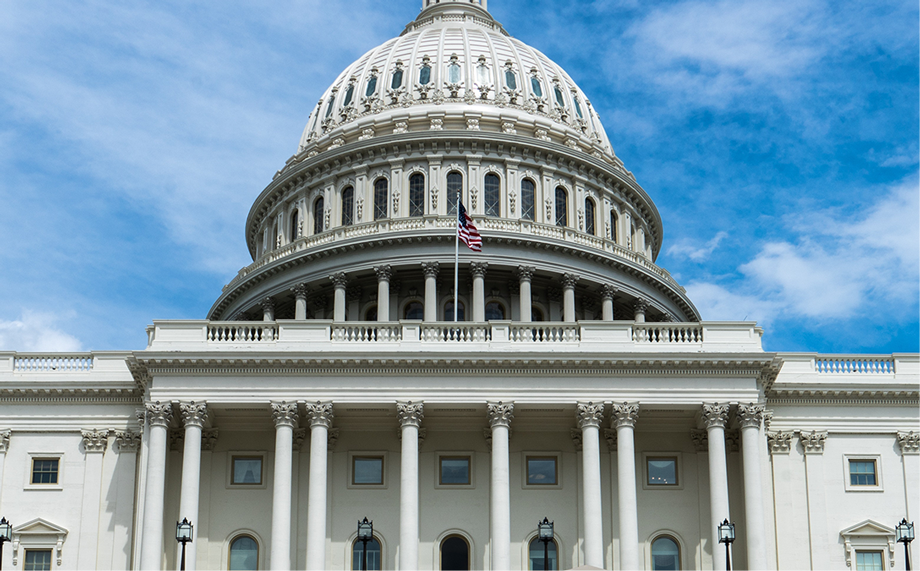Welcome to the Nevada State Profile Page! This page features a sample of survey and research results from a comprehensive review of state and local home modification activities across the country. It has a special focus on the aging population and the efforts of State Units on Aging, Area Agencies on Aging, and Native American aging service programs that are funded by the Older Americans Act Title VI Grants for Indian Tribal Organizations.
STATE PROFILE: Nevada

Nevada
A State Profile of Home Modification Activities
SPOTLIGHT ON STATE LEVEL HOME MODIFICATION ACTIVITIES
This section shares information that demonstrates the need for home modification in this state and highlights some of the state’s important home modification efforts, policies, and funding sources.
SPOTLIGHT ON LOCAL HOME MODIFICATION EFFORTS
How are agencies across the country responding to their communities’ home modification needs? Read about stand-out home modification efforts the aging network is conducting in this state.
Check back as new updates will be posted periodically! Have any changes or additions? Please contact homemods@usc.edu
SPOTLIGHT ON STATE LEVEL HOME MODIFICATION ACTIVITIES
Home Modification and Repairs for Older Adults: Challenges and Opportunities for State Units on Aging: This report by the USC Fall Prevention Center of Excellence and ADvancing States reports on a national survey
State Units on Aging (SUAs) are designated state-level agencies that develop and administer state plans that advocate for and provide assistance, including home modifications or repairs, to older residents, their families, and adults with physical disabilities. SUAs administer funds, including Older Americans Act funds, which may be used to support home modification or repair services through local Area Agencies on Aging and other state and local entities. Program(s) with home modification or repairs include:
1. Assistive Technology for Independent Living (AT/IL) Program
Program Description: The statewide program supports an individual’s choice to live in their community. Case coordination is provided through non-profit community partners C*A*R*E* Chest of Sierra Nevada and Easter Seals. The program provides assistance with home modifications so that the individual can care for themselves or be cared for in their homes and community rather than in a care facility.
Population Served: Nevada residents are eligible if they have a disability that causes a substantial functional limitation and if they lack other resources.
2. Home and Community-Based Waiver Program
Program Description: This waiver provides non-medical services to older persons to help them maintain independence in their own homes as an alternative to nursing home placement. Services may include environmental accessibility adaptations.
Population Served: Nevada residents age 65 and older and individuals with physical disabilities ages 0-64.
3. Nevada Assistive Technology (AT) Council
Program Description: The AT Council’s mission is to provide consumer-responsive, consumer-driven advice for the planning, implementation, and evaluation of assistive technology programs which includes home modification or repair efforts.
Population Served: Nevada residents.
NEVADA STATE ASSISTIVE TECHNOLOGY PROGRAM
Nevada Assistive Technology Collaborative (NATC)
The Nevada Assistive Technology Collaborative and Aging and Disability Services Division provide a variety of assistive technology (AT) services to support people to live more independently within their communities
The State Assistive Technology Grant Program, funded under the Assistive Technology Act of 2004, supports comprehensive, statewide programs in each state that improve the provision of assistive technology (often home modification-related) to individuals with disabilities of all ages.
NEVADA STATE FALL PREVENTION COALITION
Nevada Fall Prevention Initiatives
For an up to date list of all state fall prevention coalitions, visit: https://www.ncoa.org/resources/list-of-state-falls-prevention-coalitions/
SPOTLIGHT ON LOCAL HOME MODIFICATION EFFORTS BY THE AGING NETWORK
1. To locate the Area Agency on Aging in your state, please contact Eldercare Locator at https://eldercare.acl.gov/Public/Index.aspx
2. Data Brief: Building Community Capacity to Serve Older Adults: The Role of Area Agencies on Aging in Home Modifications and Repairs
This Data Brief highlights key findings from the 2019 National Survey of Area Agencies on Aging on how Area Agencies on Aging are providing and funding home modification and repair activities. It was developed by the USC Fall Prevention Center of Excellence in partnership with the National Association of Area Agencies on Aging as part of the Administration for Community Living project, “Promoting Aging in Place by Enhancing Access to Home Modifications.”
3. Featured Efforts:
Elderly/Disabled Assistance Program
Walker River Paiute Tribe Housing Department
Schurz, Nevada
The Housing Department of the Walker River Paiute Tribe has an Elderly/Disabled Assistance Accessibility Program. It assists with home repairs and home modifications for low-income homeowners to ensure bathroom accessibility and safe living conditions. Applicants must be an enrolled member of a federally recognized tribe.
Elders and Disabled Accessibility Program
Fallon Paiute-Shoshone Tribes
Fallon, Nevada
The Elders and Disabled Accessibility Program provides assistance to low-income older adults and people with disabilities through repairs and rehabilitation of homes. The focus is to ensure access to homes and barrier free bathrooms, and provide safe and sanitary conditions. Up to $3000 annually is awarded as a grant for home modifications such as ramps, grab bars, or widening of doors for wheelchair access.
This page is brought to you by the project, “Promoting Aging in Place by Enhancing Access to Home Modifications,” supported, in part, by grant number HHS-2018-ACL-AOA-HMOD-0308 from the U.S. Administration for Community Living, Department of Health and Human Services, Washington, D.C. 20201. Grantees undertaking projects with government sponsorship are encouraged to express freely their findings and conclusions. Points of view or opinions do not, therefore, necessarily represent official ACL policy.


